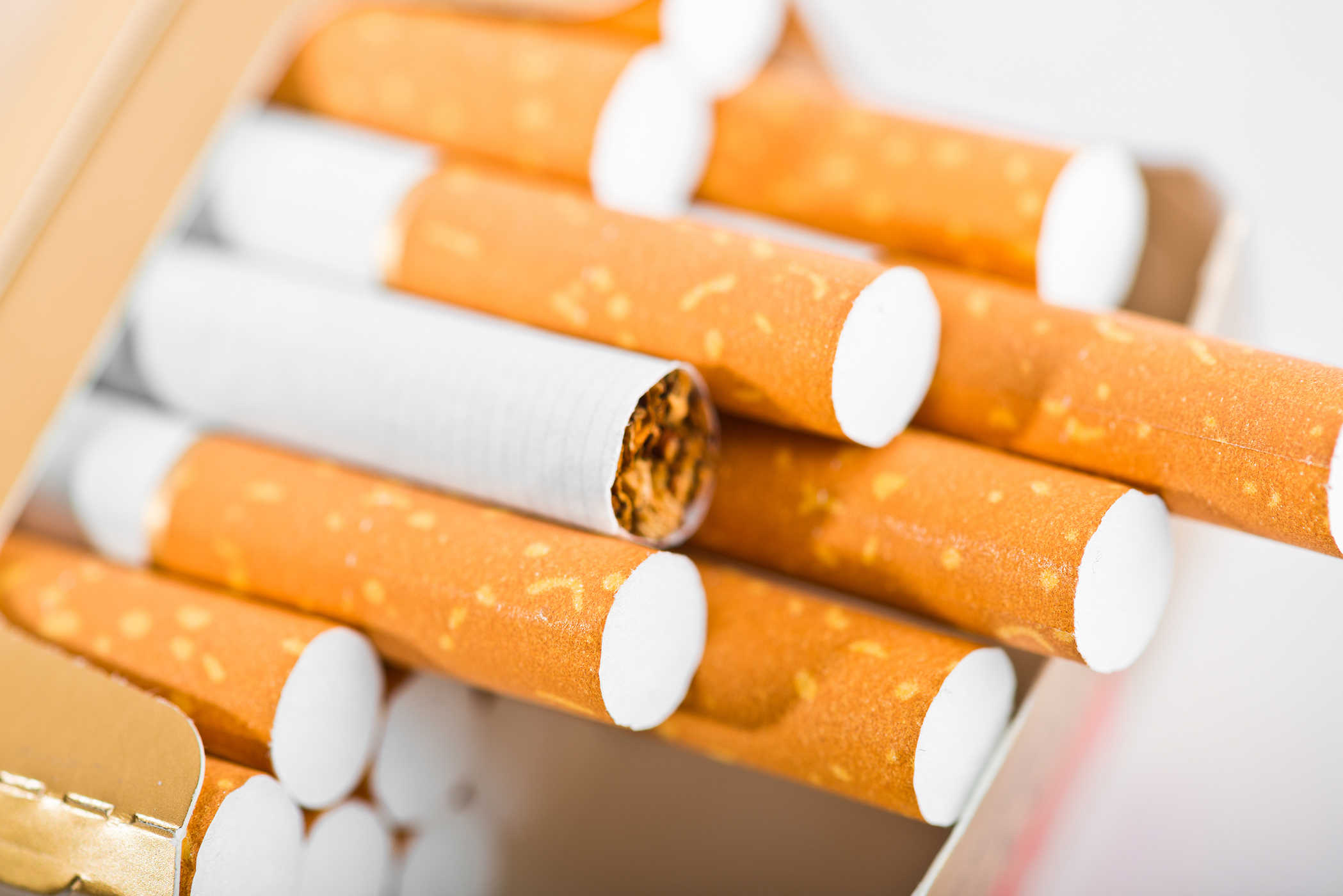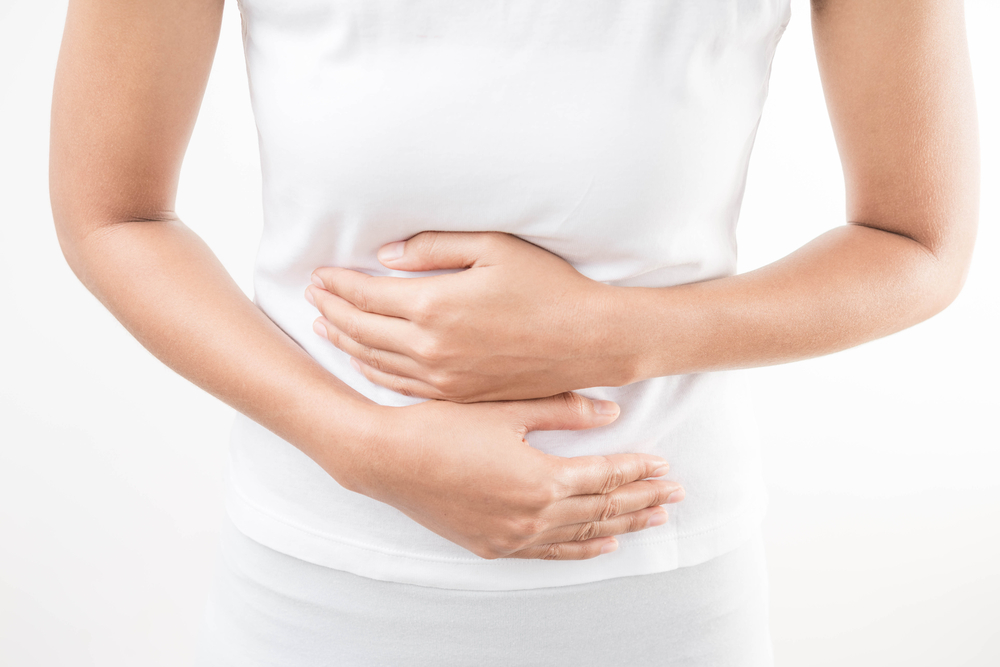Contents:
Medical Video: What Happens To Your Body If You Stop Smoking? | IU Health Goshen Hospital
From the ear canal to the circulatory system, cigarettes can harm almost every part of your body. Unfortunately, for nicotine addicts, quitting smoking is a very frightening specter so they tend to prefer to live with damage that has already been caused.
The first weeks after stopping smoking are usually the most difficult period, it takes at least 8-12 weeks before a person is declared free from opium smoking and reconciles with his new lifestyle as a former smoker.
But it turns out, the body will start the regenerative process even just a few minutes after you stop smoking.
The following is a chronology of time about the reactions that occur to the body after your last cigarette.
Changes in the body after quitting smoking
20 minutes
One of the effects of smoking is blood pressure and heart rate which increase due to nicotine which poison the circulatory system. The benefits of quitting smoking can be seen since the first minute count. Approximately 20 minutes after the last cigarette, your heart rate will start to decline and stabilize to normal levels.
2 hours
Your fingertips and feet will start to feel warm due to gradual recovery of peripheral blood circulation. But watch out! In this period of time you will be susceptible to nicotine "swallowing".
Early signs and symptoms of nicotine extract, including:
- severe cravings
- anxiety, tension, frustration
- drowsiness or insomnia
- increased appetite
- tingling in the palms or feet
- sweating
- headache
8-12 hours
Carbon monoxide if consumed in large quantities will replace oxygen to bind to red blood cells and cause various heart problems.
The first 8 hours after you stop smoking, the level of carbon monoxide in the body will begin to decline and be replaced with oxygen.
24 hours
The chance for a heart attack in the smoker group is higher when compared to the nonsmokers, reaching 70% The good news is, after 24 hours of your last cigarette, the risk of a heart attack that haunts you will gradually decrease.
Your lungs will also begin to smear mucus and toxic substances that block your respiratory tract. Also note the "sakaw" symptoms that usually appear in this phase. As lung performance starts to improve, you may experience common flu symptoms (sore throat, coughing, and other respiratory problems).
48 hours
Nicotine causes a chemical addiction that signals your body to meet the needs of certain levels of nicotine in a certain amount of time. If these needs are not met, cigarette opium can cause sensory collection, especially the sense of smell and taste.
After 48 hours, the nerve endings will grow back so that the two senses will work as usual.
3 days
At this stage, all the remaining nicotine levels in your body will disappear completely. The bad news is, in this phase, the symptoms of "sakaw" will be prone to arise and increase. You may experience nausea, cramps, and various emotional problems in addition to the initial symptoms of nicotine withdrawal.
Tension and cravings will slowly accumulate during this phase, sometimes to the point of being unbearable.
To fight "sakaw", reward or treat yourself to a personal record of achieving clean cigarettes today. Use cigarette money to buy clothes, for example, or running shoes that you have long dreamed of.
2-12 weeks
Smoking affects your blood circulation, making all the physical activities that you carry out heavy and torturous. As a result, your body's health decreases.
After weeks of freeing from the nicotine grip, you can now exercise or do other physical routines without the need to feel sick and exhausted. This energy recovery is caused by the regenerative process of the body which starts to reactivate. Your pulmonary and respiratory functions will also begin to improve.
Generally, the "sakaw" symptom will begin to decrease when someone successfully reaches this phase.
3-9 months
Months after you are smoke-free, your body's health will increase. Coughing, wheezing, and difficulty breathing due to smoking that you have complained about will slowly disappear along with the regenerative process of your lungs.
The symptoms will disappear completely at this stage.
1 year
This phase is a very monumental stepping stone for you.
Cigarettes damage the walls of the arteries and cause blockages in the arteries due to fatty substances (atheroma) that accumulate. After one year completely free from smoking, the risk of various heart diseases (coronary heart disease, angina, stroke) will decrease dramatically by 50% when compared to when you are still smoking.
READ ALSO:
- 7 Wrong Myths About Quitting Smoking
- Natural ingredients that can help stop smoking
- Smoking Near Children Is Child Abuse
- How long will the risk of a heart attack disappear after quitting smoking?
- Is Electric Cigarette Alien Vaping Effective Helping to Stop Smoking?












